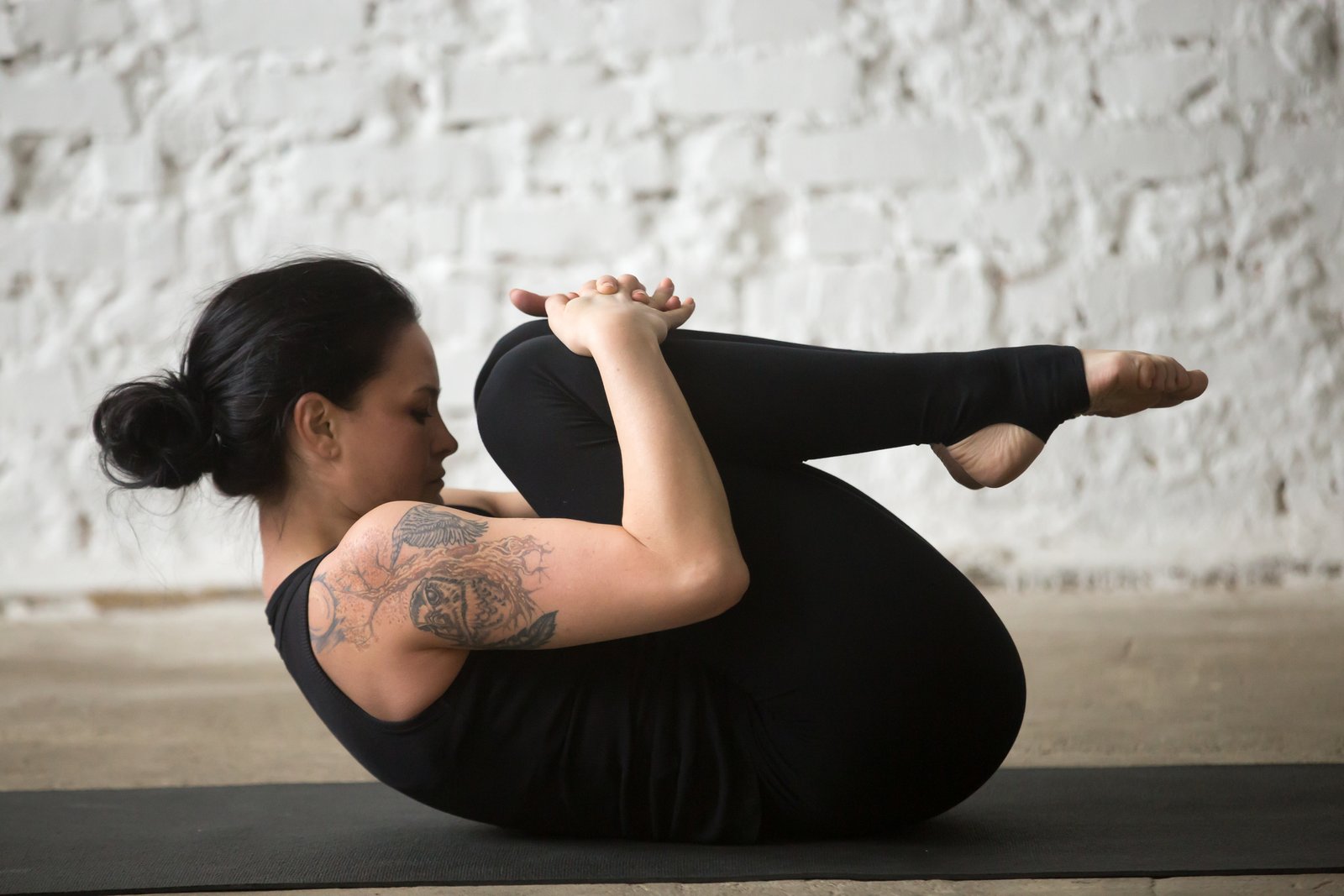
Different people define ageing differently, but older persons today are more active and have higher expectations for their lives than ever before. Many men and women entering mature age have travel, hiking, motorcycling, and other things on their bucket list.
A healthy spine is essential for preserving a high quality of life, vitality, and enthusiasm for the adventure ahead. However, many of these activities are only achievable if you are healthy. Here are some suggestions to help you maintain the healthiest possible condition for your spine and back.
Focus On Your Posture
One of the simplest methods to guarantee a healthy spine throughout time is to maintain a firm, upright posture. “Stand up straight” might sound like a Victorian-era admonition. Unfortunately, using a computer, sitting more loosely, and being sedentary can cause the spine to become misaligned. When you walk, make an effort to maintain a neutral back. When sitting, try not to slouch and keep your computer chair in an ergonomic position. Whether you’re standing, sitting, or moving, keep your back in place by tucking in your pelvis.
Wear Comfortable, Supportive Shoes
Choose supportive footwear that is comfy for your spine. Purchasing high-quality sneakers now will pay off in the long run. High heels or unsupportive footwear can tip your body off balance, which forces your spine to stabilise the body. That may eventually lead to disc issues, hunched shoulders, and muscular aches and pains. Consider purchasing shoes with extra arch support or orthotic shoes that are specially made for your foot and physical condition.
Eat a Well-Balanced Diet
Your spine, which runs from your tailbone to your head, is only as sturdy as the bones, or vertebrae, that are piled one on top of the other. For the maintenance of strong bones, a diet high in vitamin D, calcium, and potassium is necessary. Some chronic illnesses, including arthritis, may be prevented or at least managed with the use of so-called anti-inflammatory diets (such as those that forgo additional sugars or artificial substances). To make sure you’re getting what you need, you could also decide to add vitamins and minerals to your diet.
Build Strength With Exercises
Your spine is supported by the extensor muscles related to your lower back, which also help to keep you strong, flexible, and upright. Exercises that increase strength and concentrate on the abdominal core should be done to support the spine and these significant, overworked muscles. Your lower back is supported by a girdle made of your core muscles, which are placed deep within your belly and pelvic region. Along with physical therapy exercises, there are many different types of exercise that emphasise developing core strength, including Pilates and yoga. It’s beneficial to seek advice from a physical therapist who can demonstrate the right methods for exercising both with and without weights to increase your strength.
Stay Flexible
Although maintaining flexibility as you age is challenging, it should always be a priority to avoid or treat any physical issues with your vertebrae or discs. However, a simple activity like walking also keeps the spine flexible with the gradual movement of the back muscles as you walk with good form. Yoga is renowned for its ability to stretch out muscles, enhance and maintain flexibility, all while gaining strength. What fitness programme is best for you at your stage of life? Discuss this with your doctor.
Reduce Stress
There are actual mind-body connections, and we now know more about these connections than ever before. It has been demonstrated that stress and physical issues, particularly back issues, are related. More relaxed you feel, and the opposite is also true, the better you feel. To keep your stress levels under control, discover a mindset that supports you.
Follow Your Doctor’s Advice
Keep all of your doctor’s appointments, and don’t forget to let them know if any new back or musculoskeletal issues have emerged. If your doctor suggests it, think about getting a bone density exam in addition to taking all of your medications as directed. Make sure you select a licenced and knowledgeable professional in the field if your illness necessitates medical or surgical intervention.

